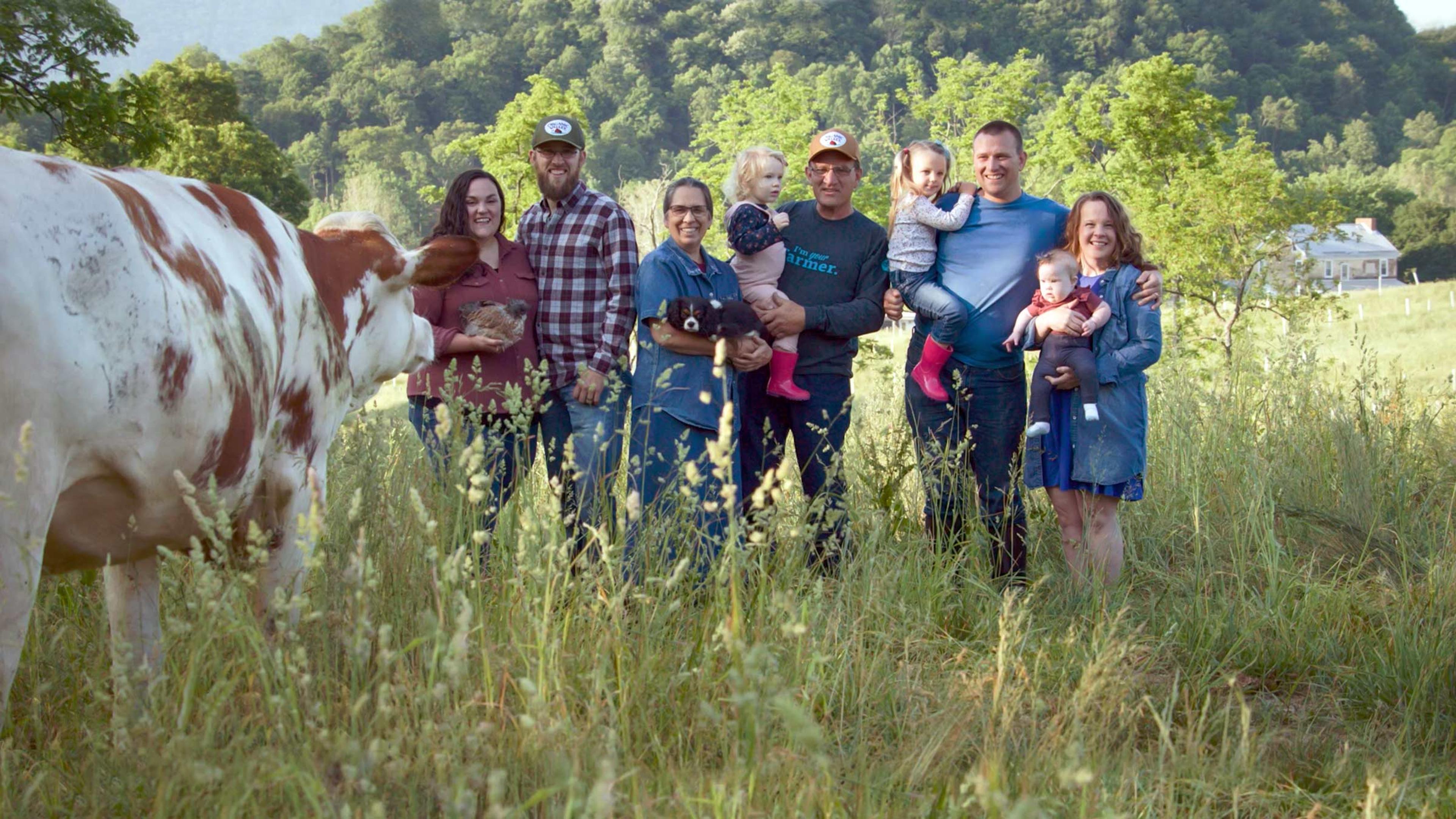
Protecting Where Your Food Comes From.
Some things are worth protecting. National forests. Endangered species. And notably, where your food comes from. Organic Valley is protecting over 1,600 organic farms making up hundreds of thousands ofacres of organic farmlandacross the country. In 2024, we took on more than 140 new farms who were at risk of losing their market. That’s land that is protected from toxic pesticides and home to countless plants and animals – land that can help reverse the effects of climate change. But it’s not enough. We need your help. Discover how we’re#doingdairyright
“We work with nature, not against it. Nature already has it all figured out.”
-George Siemon, Organic Valley Founder
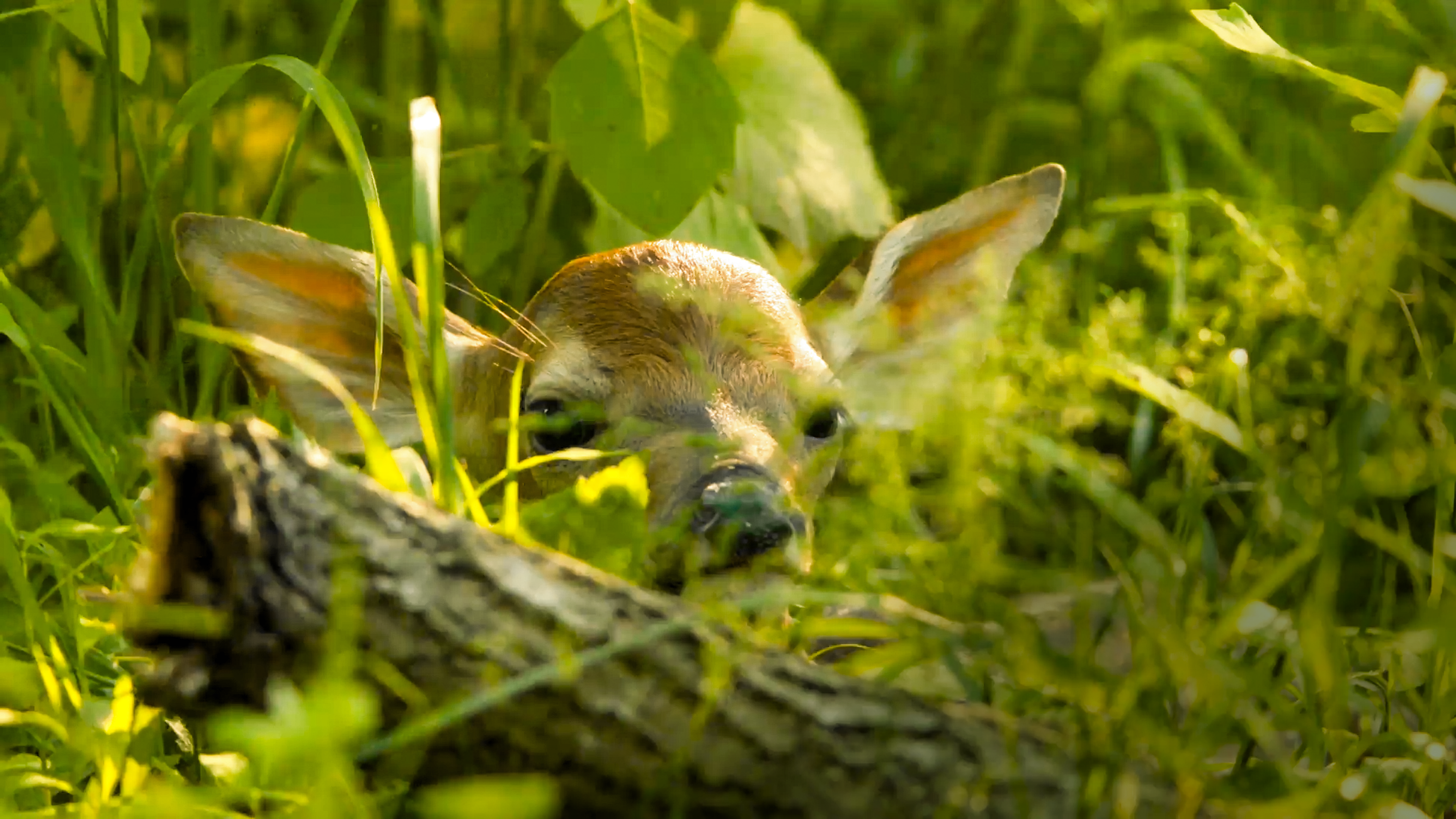
Protecting Plants and Animals
Our organic farmland is teeming with life. From earthworms and pollinators to bear and elk, our small organic family farms host a whopping 30% more biodiversity than conventional farms. Help us preserve the flora and fauna that make our world go round.
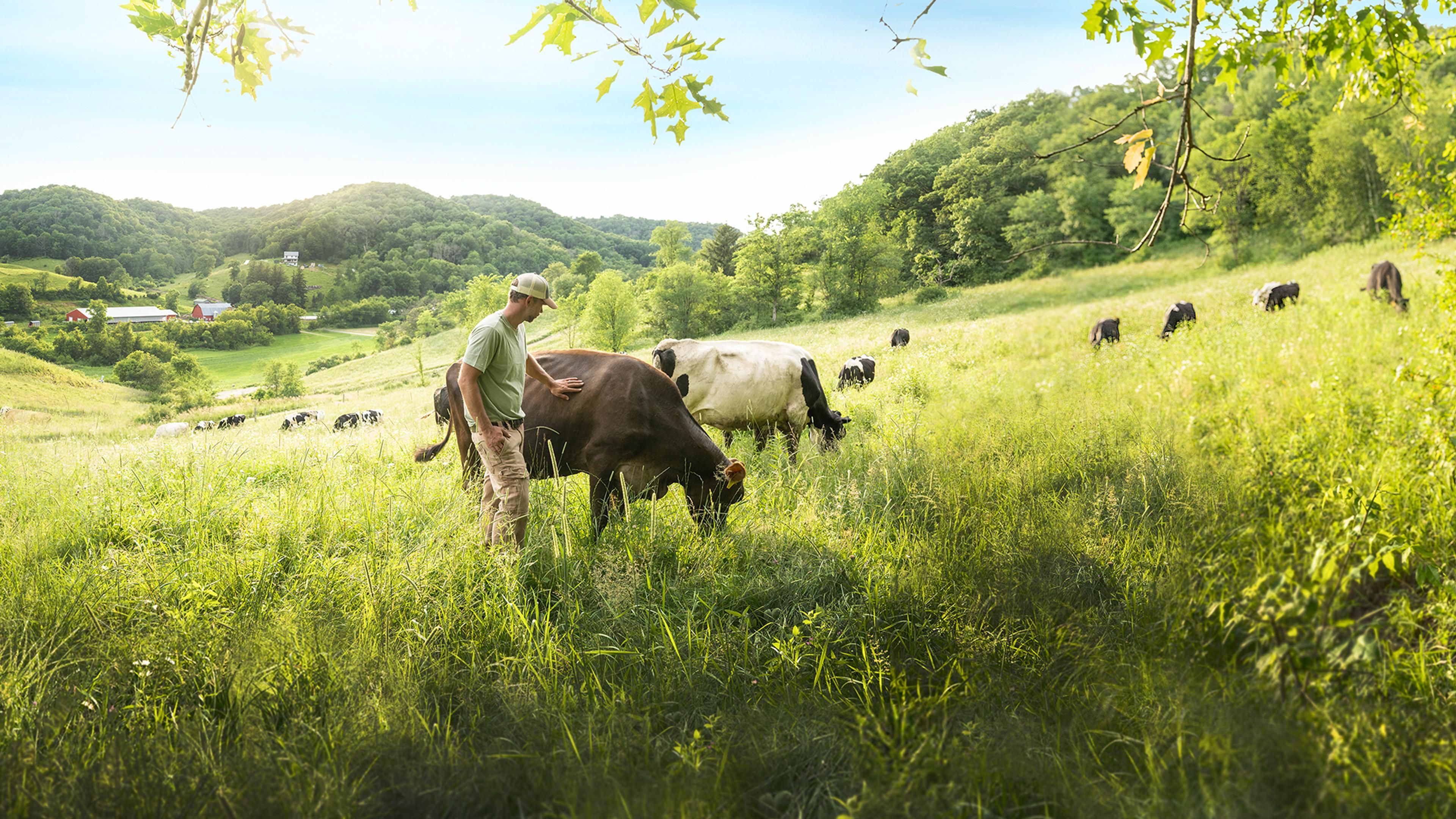
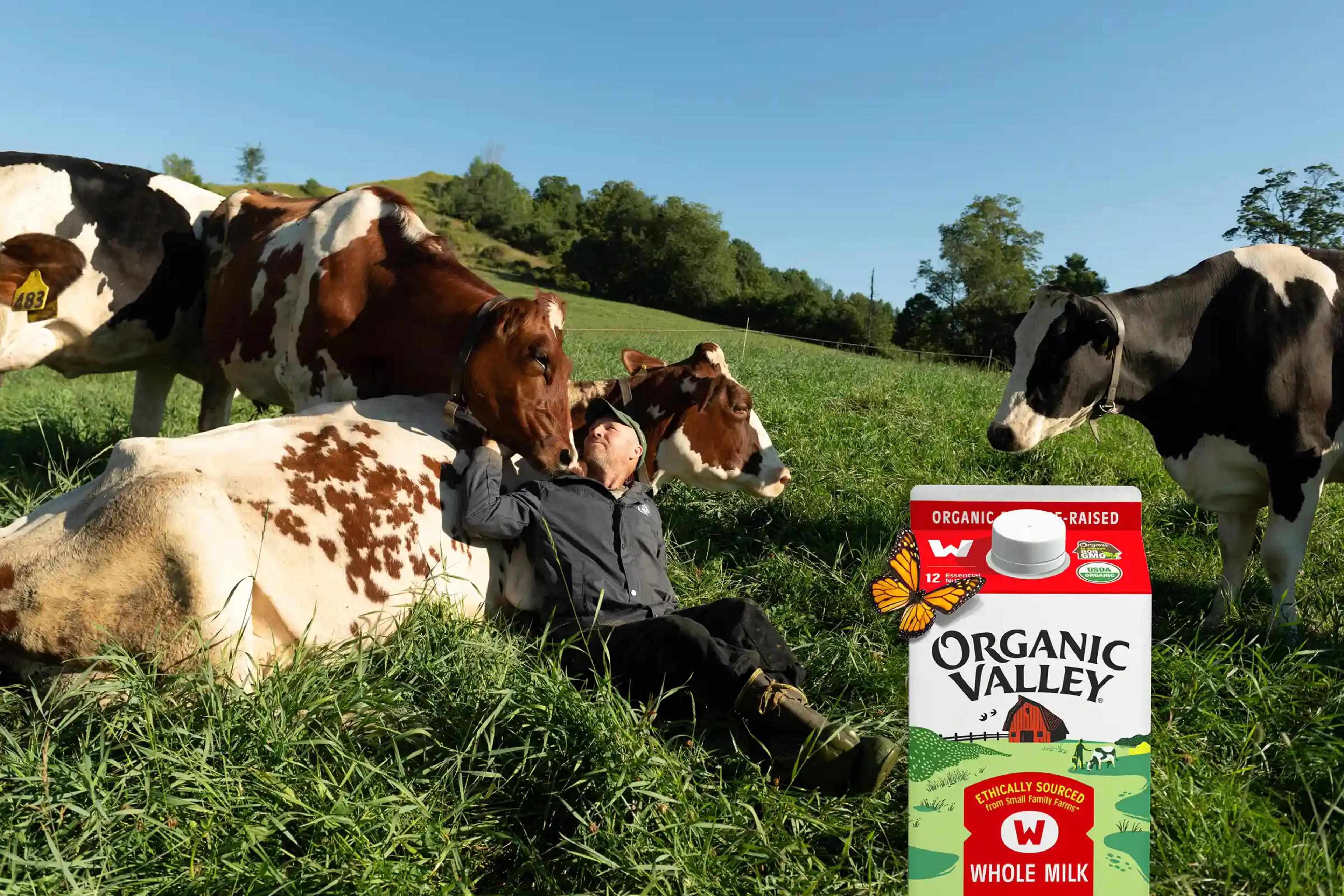
We’re #doingdairyright to help be a solution to the climate crisis. Cutting edge climate-smart farming techniques along with hundreds of thousands of carbon sequestering acres are helping us achieve our goal of carbon neutrality by 2050.
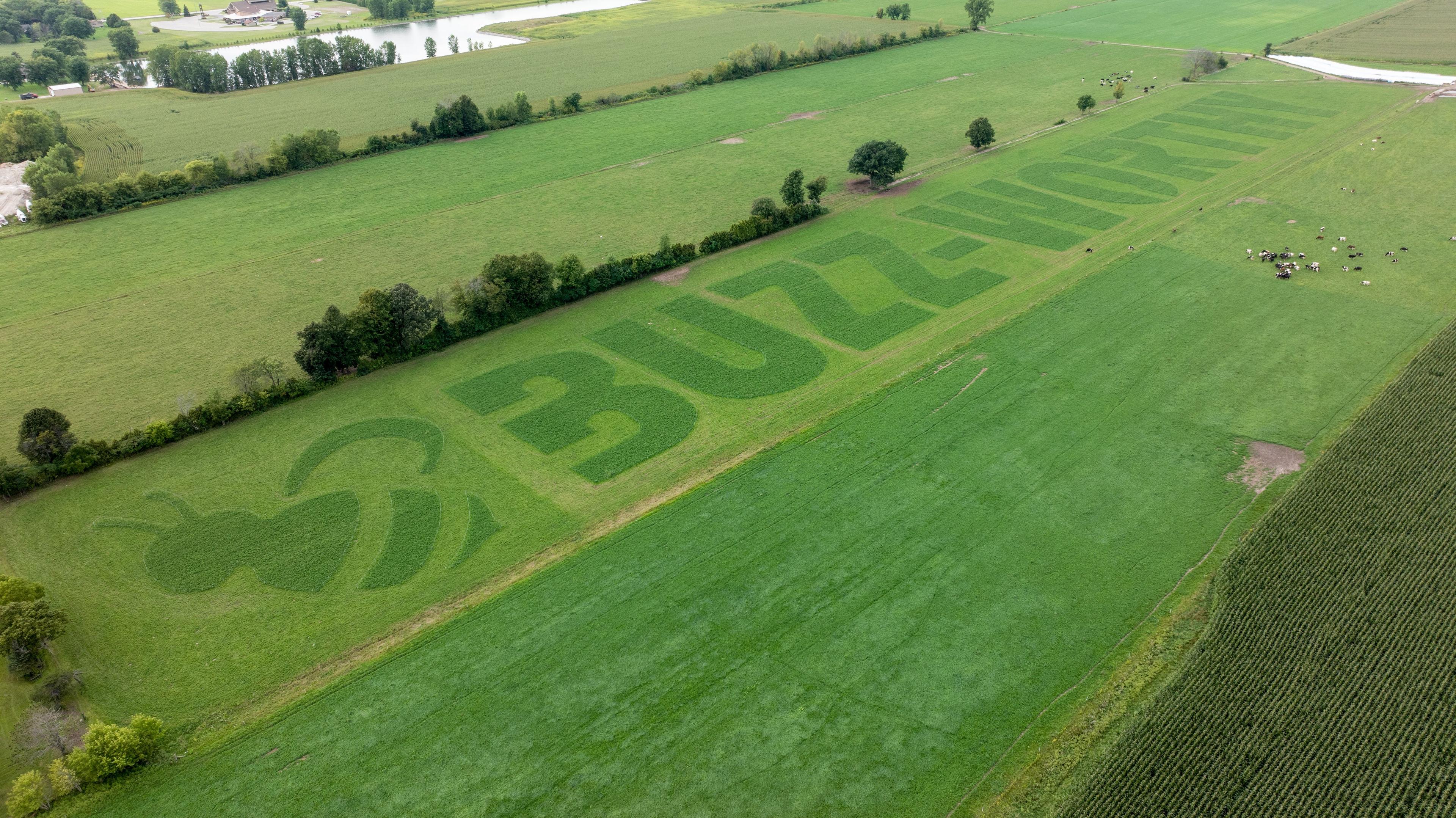
To let the world know just how green our organic pastures really are, our cows grazed an ad that is literally buzzworthy. In addition to serving as a lush, green food source for our cows, our pasturelands provide critical habitat for bees, butterflies, birds and other wildlife.
Let's Moo This
Here’s how you can help protect where your food comes from
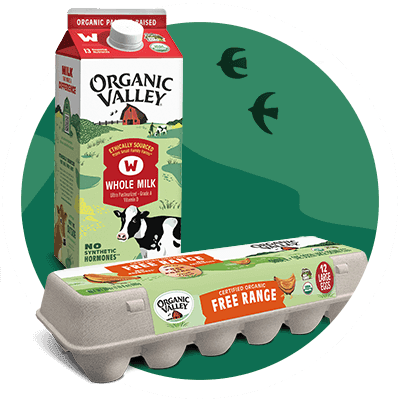
Choose Ethically Sourced Food
Not all food is created equal. Not even all organic food is created equal. You can make a huge impact right from your kitchen when you opt for foods that are grown locally (when possible), sustainably, and organically, without toxic chemicals. Learn what ethically sourced means to us here.
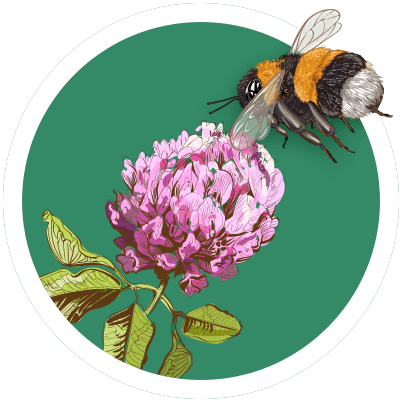
Stop Spraying
Whether you have .001 or 100 acres, you have the power to provide a refuge for plants and wildlife in your own backyard. Use natural alternatives to toxic pesticides and herbicides, plant pollinator friendly flowers, and opt for organic fertilizers.

Spread the Word
Share this page to let everyone know how important it is to protect where our food comes from!
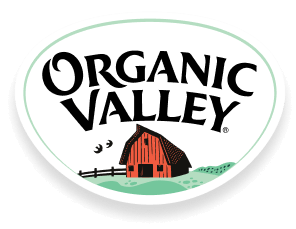


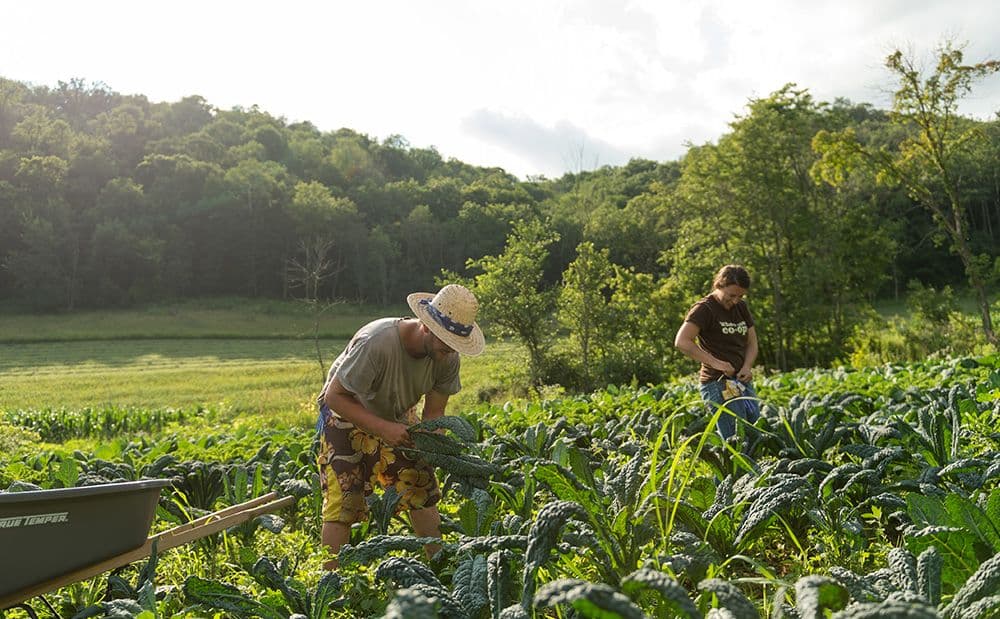

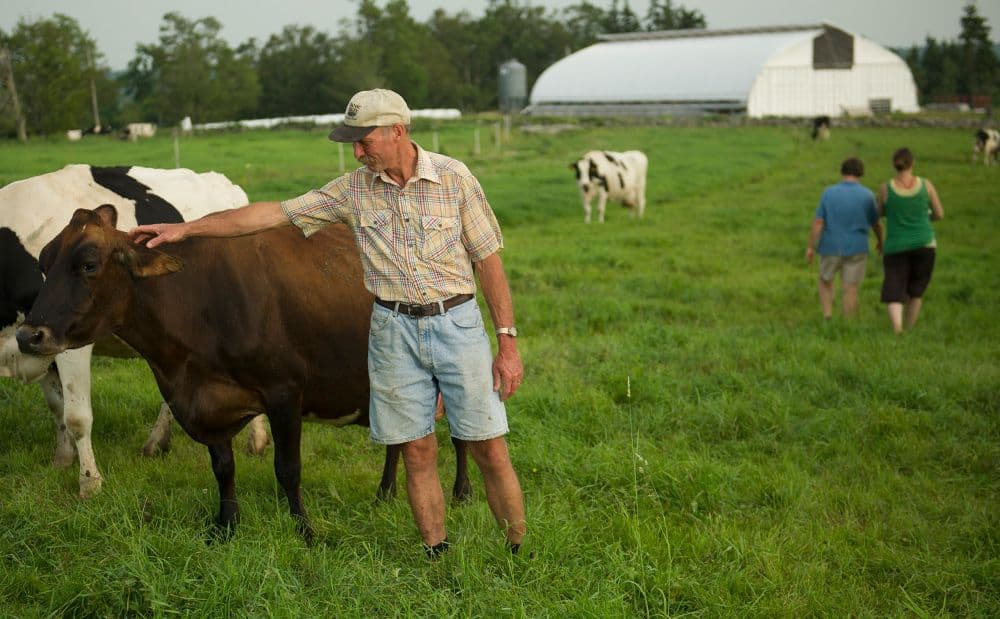

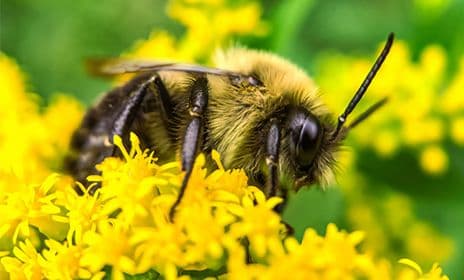

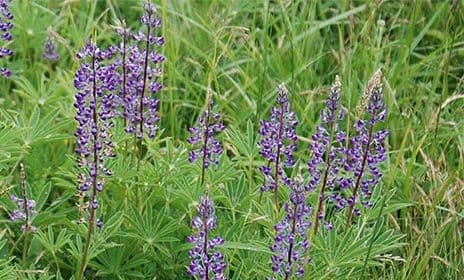
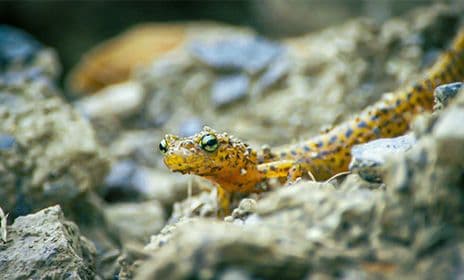
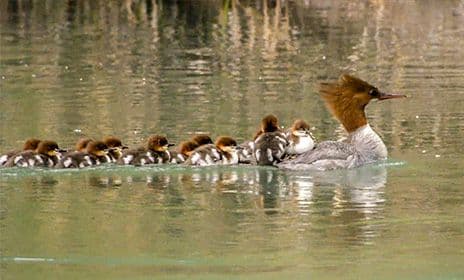
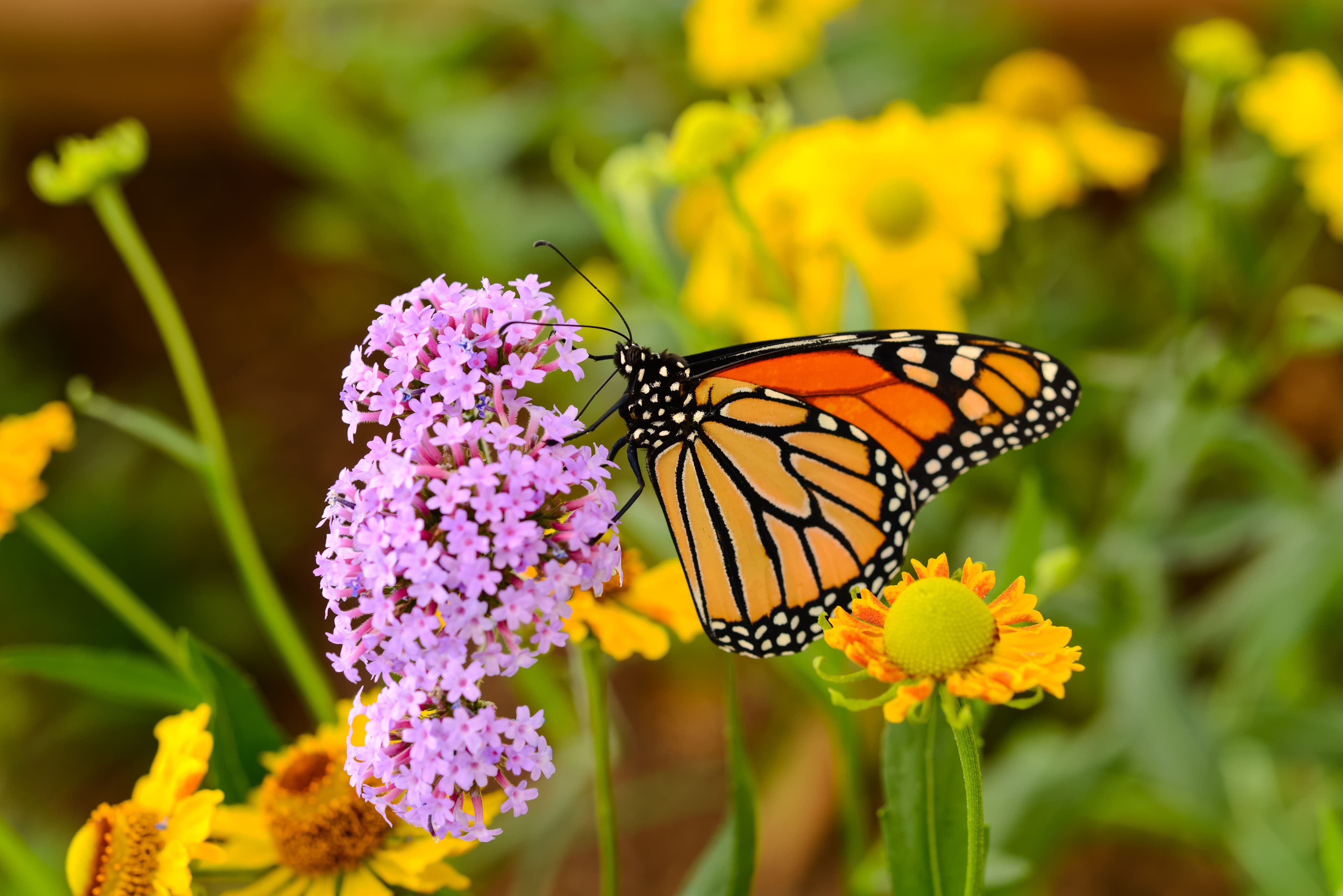
Follow Us